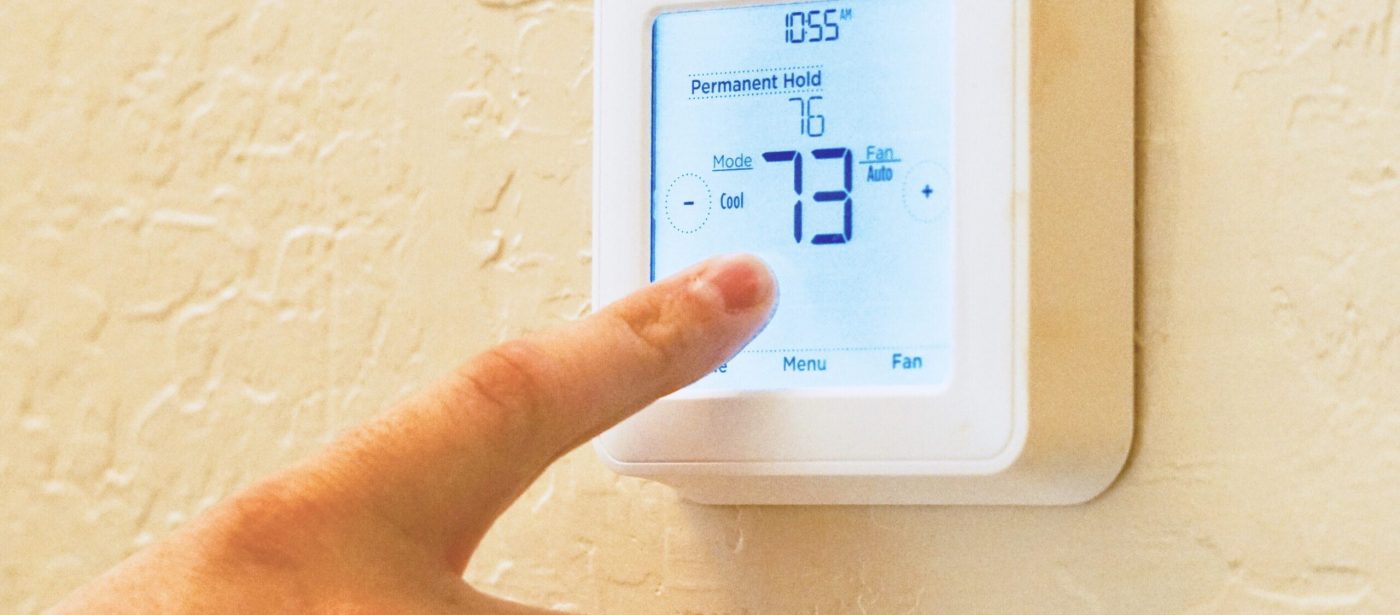In the quest for energy efficiency and cozy, comfortable living, heating and cooling are top concerns for homeowners. Stafford Home Service understands that energy-efficient heating systems can contribute significantly to cutting down energy costs, delivering uninterrupted warmth during the chilling winters, and helping reduce your home’s carbon footprint. One such popular energy-efficient solution is the use of heat pumps. As an integral component of an HVAC system, heat pumps are a versatile and effective means of ensuring comfortable living conditions throughout the year for Stafford Home Service customers.
Heat pumps work as a dual-energy source, providing both heating and cooling solutions, depending on the season and your preferences. Instead of burning fuel to generate heat, they work by extracting warmth from the surrounding air or ground and transferring it indoors. This unique mechanism makes heat pumps a great alternative to conventional heating methods, such as furnaces and boilers, a fact that Stafford Home Service proudly supports.
If you’re considering investing in a new heating system for your home, Stafford Home Service believes it’s crucial to understand how heat pumps function and what benefits they provide. We will delve into the intricacies of heat pumps, discussing their working principles, benefits, and reasons why they are considered a wise choice for modern residences. Stafford Home Service technicians are well-versed in various heat pump systems and are ready to help you make the best decision for your home’s heating needs.
Heat Pumps: Working Principles and Types
Heat pumps operate by transferring heat from one location to another, utilizing the principles of heat exchange and refrigeration. They can efficiently absorb heat from the outdoor air, even in low temperatures, or from the ground and transfer it to the indoor space. Conversely, during the warm months, heat pumps can reverse the process, taking heat from the indoors and releasing it outside, thereby providing cooling.
There are three primary types of heat pumps available for residential use:
- Air Source Heat Pumps (ASHP): By far the most common type, ASHPs extract heat from the outside air to warm the indoors. These systems usually consist of an indoor air handling unit and an outdoor compressor unit.
- Ground Source Heat Pumps (GSHP): Also known as geothermal heat pumps, GSHPs derive heat from the ground or an underground water source. These systems require underground installations and are often regarded as more efficient compared to air-source heat pumps.
- Absorption Heat Pumps (AHP): Less common in residential use, AHPs function similarly to air source heat pumps. However, instead of relying on electricity, these systems are powered by natural gas, propane, or geothermal-heated water.
Energy Efficiency: Heat Pumps vs. Conventional Heating Systems
When comparing heat pumps to traditional heating methods like furnaces or boilers, one of the most notable differences is their energy efficiency. Unlike combustion-based heating systems, heat pumps do not burn fuel to generate heat. They merely transfer heat, resulting in less energy consumption and minimal heat loss during the process.
The efficiency of heat pumps is measured in terms of the Coefficient of Performance (COP). A typical air-source heat pump has a COP of around 3, meaning it can provide 3 units of heat energy for every unit of electrical energy consumed. In comparison, most conventional heating systems function at efficiency levels below 1, using up more energy to achieve the same amount of heat output.
Maintaining Indoor Air Quality and Comfort
Heat pumps can help maintain indoor air quality and comfort, making them an ideal choice for individuals with respiratory conditions or allergies. These systems operate with relatively low indoor humidity levels without sacrificing warmth, making it easy to regulate the environment within your home.
Moreover, heat pumps are designed to provide uniform heating throughout the house, eliminating cold spots or uneven temperature fluctuations. This ensures a consistently comfortable and accommodating atmosphere for you and your family.
The Economic and Environmental Advantages of Heat Pumps
From an economic standpoint, heat pumps offer substantial cost savings due to their energy-efficient nature. Of course, the exact amount of savings depends on several factors, such as the size of your home, local climate conditions, and the type of system installed. Nevertheless, replacing an older furnace or boiler with a modern heat pump can result in substantial reductions in energy consumption and, thus, utility expenses.
The environmental impact of your heating choices should also be considered. Heat pumps contribute to a lower carbon footprint, as they do not rely on fuel combustion and, consequently, emit fewer greenhouse gases. Investing in an energy-efficient heat pump system is a responsible choice for both your wallet and the environment.
Heat Pump Maintenance and Repair: Trust the Experts
While heat pumps require relatively less maintenance compared to conventional heating systems, periodic checks, and timely repairs are still crucial to ensure optimal performance and a longer lifespan. Some tasks, such as cleaning filters and inspecting components, can be done by the homeowner. However, trusting our seasoned professionals with more complex tasks, such as comprehensive system inspections and repairs, is advisable.
Our team of technicians can assist with routine maintenance and address any potential problems to prevent costly breakdowns and extend your heat pump’s life. Whether it’s a minor repair or an extensive system overhaul, we are well-equipped to handle every aspect of heat pump maintenance and repair.
Conclusion
Heat pumps are a viable and energy-efficient alternative to traditional heating systems, offering numerous benefits, including cost savings, enhanced indoor comfort, and reduced environmental impact. By understanding the different types of heat pumps and their workings, homeowners can make informed decisions that suit their specific requirements.
When it comes to installation, maintenance, and repair services, trust our experienced professionals at Stafford Home Service to guide you every step of the way. With our expert knowledge and dedicated service, we can help you make the most of your heat pump in Edina and enjoy a comfortable, energy-efficient living space.








